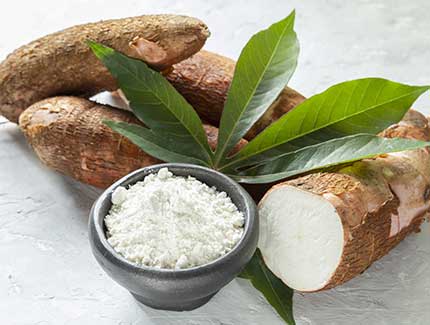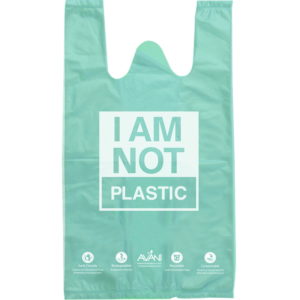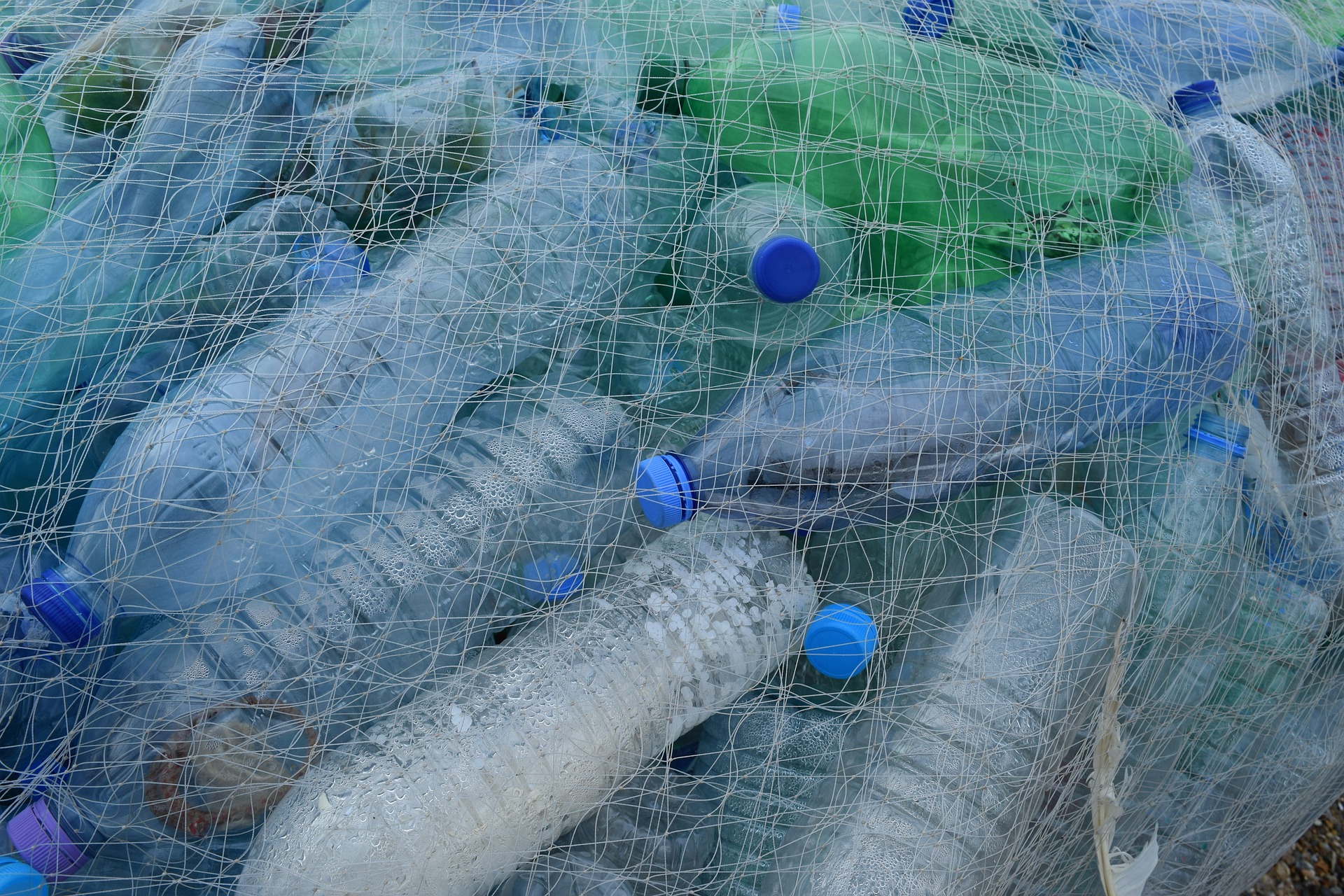Bioplastic with sustainability and as a product of the circular economy – goodbye to environmental pollution – innovations that improve the world – in conversation with Thomas Wegener, founder of GrowExpress Ltd. Ibadan, Nigeria
Plastic and plastic packaging are criticized for being harmful to the environment. When plastic is mishandled, it ends up in the environment and especially in bodies of water, where it damages maritime habitats of many species. Plastic is therefore increasingly being substituted by bioplastics. A major challenge for environmental protection.
Recognizing the differences – biobased plastics and biodegradable plastics
Bioplastics are divided into bio-based plastics and biodegradable plastics. While bio-based plastics are made from renewable raw materials, the term „biodegradable plastics“ refers to bioplastics that can be decomposed into carbon and water. Thomas Wegener – former decathlete, internationally experienced manager and founder of GrowExpress Ltd. in Ibadan, Nigeria has set himself the goal of running a model farm. Challenges such as environmental protection and respectful treatment of the population are part of this. Ibadan is home to the Intern. Institute of Tropical Agriculture, Ibadan, Nigeria.

Observing scientific progress
After many years of intensive research, Brazilian scientists have developed a new technique to produce a completely biodegradable plastic that is at least as strong as conventional plastics made from petroleum. Accordingly, bioplastics are less harmful to the environment and can contribute significantly to the fight against pollution. Carla Ivonne La Fuente Arias, a chemical engineer at the Luiz de Queiroz College of Agriculture at the University of São Paulo, said, „The biodegradable plastic developed, which is based on cassava starch by applying a gas, can be used for food packaging or carrier bags. The gas changes the molecular structures of the starch from the root vegetable, creating a bioplastic that is about 30 percent harder than that made from the starch of potatoes, rice or corn.“ The gas involved has also allowed researchers to significantly improve the transparency of the cassava-based plastic. The patented technology which at the beginning is slightly higher in cost than the production of traditional plastics. But the production cost will reach the same level at the expected volume scaling in mass production. Bioplastics are considered less harmful to the environment because they can be decomposed by the action of living organisms, carbon dioxide (CO2), biomass or water. Grow Express, as a successful cassava farmer, is very confident that the new material can help combat the rampant consumption of plastics and the pollution caused by their improper disposal in the medium and long term.
300 million tons of plastic waste are generated each year

An estimated 10 billion tons of virgin plastic (not yet recycled) as well as secondary plastic (produced from recycled products) have been produced since the middle of the last century, the time when the production of these plastics started on an industrial scale. About 2/3 of them (7 billion tons) are disposed of as waste, while just 3 billion tons are used to date (Science Advances study). The increase in the production of virgin plastics is accelerating, according to a report by the World Wildlife Fund (WWF). This also indicates that the world will have to cope with 550 million tons of the material annually by 2030 if the increase in production is not curbed.
Locally renewable raw material for production
This is where GrowExpress comes in, at least on the raw materials side, working with other linked agricultural cooperatives to ensure that that cassava can be provided in sufficient quantities. At the moment, it is used almost exclusively as food, with cassava and its residues being used almost entirely in further processing. But GrowExpress is also very interested in implementing this biodegradable plastic production with local partners in Nigeria, in order to offer the 400 million inhabitants of West Africa an ecological alternative, made from domestic renewable raw materials, and to provide long-term resource protection in the sense of the circular economy.
Responsible in terms of press law:
Kingsley Ekwueme
Managing Director
Contact:
GrowExpress Limited
Kingsley Ekwueme
Managing Director – GrowExpress Ltd.
Cocoa House, Dugbe
200263 Ibadan
Nigeria
Tel:+234 7031135981
Mail: AtYourService@growexpress.biz
Web: https://growexpress.org
Company Description:
GrowExpress Ltd office is located in Nigeria, Cocoa House, Dugbe, 200263 Ibadan. Completed in 1965 at a height of 105 meters, Cocoa House was once the tallest building in Nigeria and the first skyscraper in West Africa. It is located in Dugbe, one of the main commercial areas in Ibadan, Oyo State, Nigeria. The GrowExpress Ltd. company farms an estate of 800 hectares about 200 km north of the megacity of Lagos, Nigeria. For more information, visit: https://growexpress.org
Press contact:
GrowExpress Limited
Kingsley Ekwueme
Cocoa House, Dugbe
200263 Ibadan
Nigeria
Tel:+234 7031135981
Mail: AtYourService@growexpress.biz
Web: https://growexpress.org


